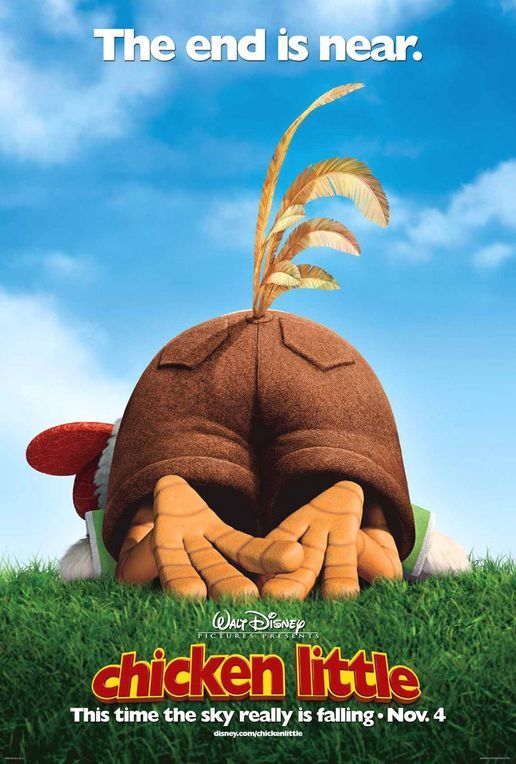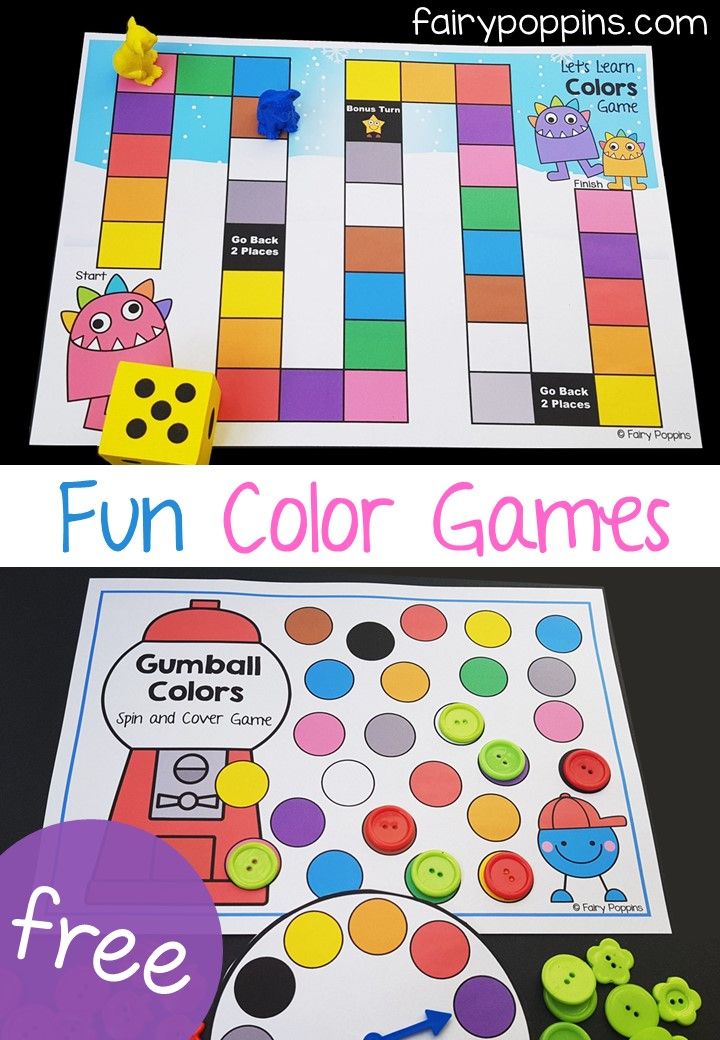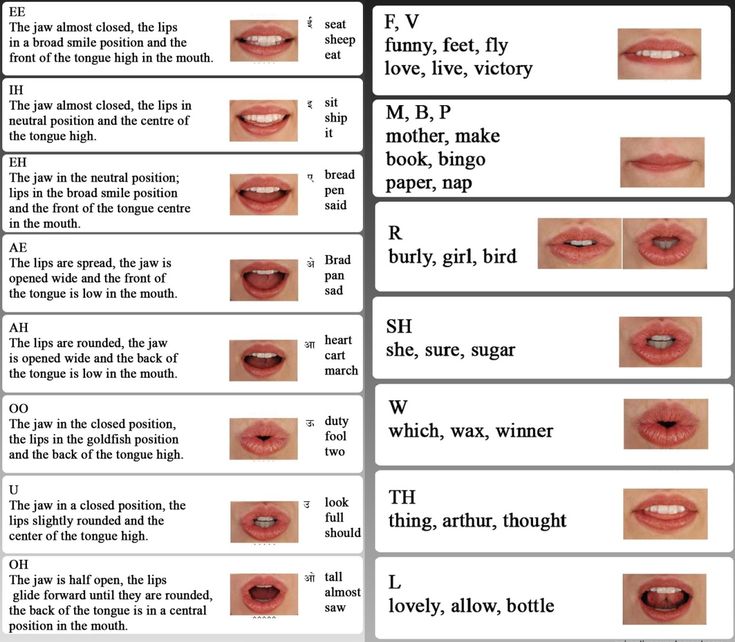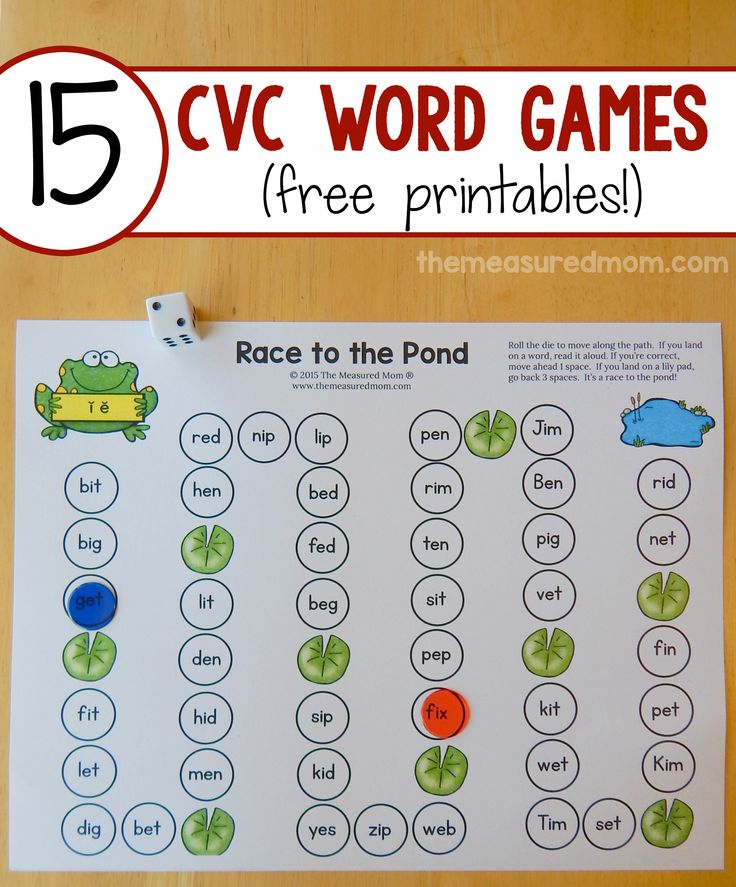Baby listening to music
Baby music: The soundtrack to your child's development
Article
How making music, not just listening to it, can benefit your baby's development.
mimagephotos
Did you know that music can make you and your baby smarter and happier?
Carlota Nelson, director of the documentary Brain Matters, explains the science behind why music benefits young minds.
We’ve always known that music has a powerful, transformative and unifying effect on people. But only now do we know that music contributes to better memory and cognitive skills.
This is because listening to, and playing music, produce changes in the brain. Also, both activities can release a healthy dose of endorphins, the so-called ‘happiness hormone.’
What happens when babies listen to music
Neuroscientists who study baby brains say music has long-lasting benefits for babies, too.
Music makes a big difference to the baby brain. One study from the Institute of Learning and Brain Sciences detected that after babies listen to music, their auditory and prefrontal cortexes look different. These are the regions of the brains in charge of processing both music and speech.
Not only that: when young children interact with others, the positive effects of listening to music have been seen to extend to personality traits, like being helpful and cooperative.
Listening to music vs playing music
While listening to music impacts the brain, making music is even more powerful. This is because making music requires fine motor skills (such as being able to grip and squeeze objects), as well as linguistic and mathematical precision, and creativity ─ firing up several areas of the brain.
Tapping into these skills means developing the bridge between the two hemispheres of the brain, which allows messages to get across the brain faster and across different routes.
From research to practice
When all this scientific evidence gets translated into our homes and early learning centres, even in short doses, our children get smarter.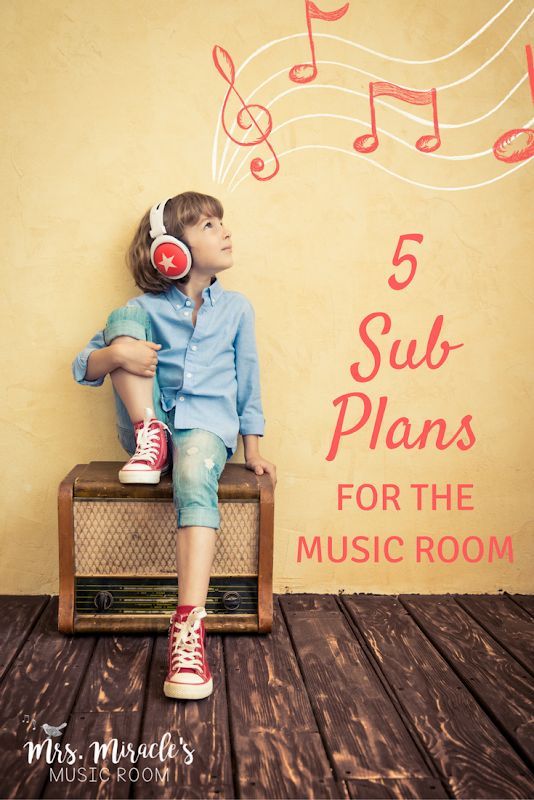 “We see an impact in literacy, numeracy, physical development, gross motor coordination [such as running and jumping], fine motor skills, as well as social and emotional development,” says Graham Welsh, a British neuroscientist who studies the impact of music on young children’s brains.
“We see an impact in literacy, numeracy, physical development, gross motor coordination [such as running and jumping], fine motor skills, as well as social and emotional development,” says Graham Welsh, a British neuroscientist who studies the impact of music on young children’s brains.
“It’s very easy for schools to feel they need to focus on literacy and numeracy because those are the outcomes they are judged on. But music can unlock a child’s path for learning in a way that nothing else might. It builds children’s confidence and language skills, and can improve their math scores when they get to school.”
The benefits of music for your child
When young children are exposed to music, their brains change. Among other benefits, music can:
- Improve moods and empower young children by reducing stress levels. Even listening to sad music can be good thanks to its cathartic power, making it easier for children to get in touch with their emotions.
- Stimulate the formation of brain chemicals such as dopamine and oxytocin.
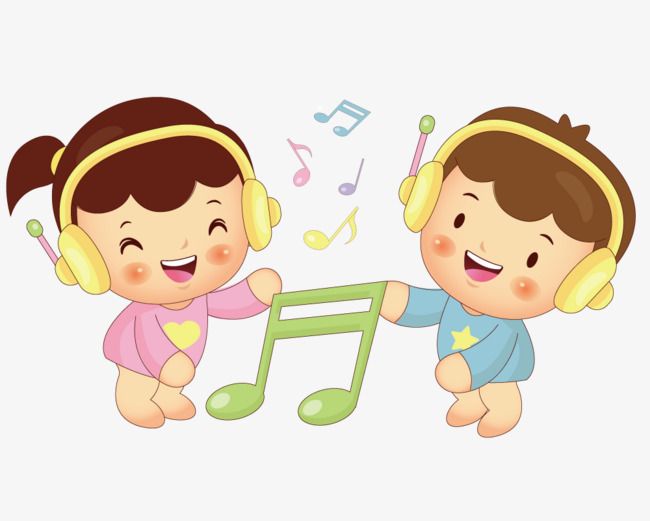 When these are released, children are encouraged to share toys, empathize and trust others.
When these are released, children are encouraged to share toys, empathize and trust others. - Boost concentration skills and productivity.
- Improve learning and grades.
- Develop spatial intelligence – laying the ground for an interest in mathematics, engineering, computer science and architecture.
- Improve vocabulary and creativity.
The benefits of music can be experienced in many forms. Listen to a song, play an instrument or pick up anything that’s in the classroom or at home and make music with it! Now that we know the science of music, it’s time to put a soundtrack to children’s early years.
Carlota Nelson is the writer and director of Brain Matters, a groundbreaking feature documentary about early brain development in children. Before filming began, Carlota spent eight months researching early childhood development with the world’s leading neuroscientists and members of the early childhood development community.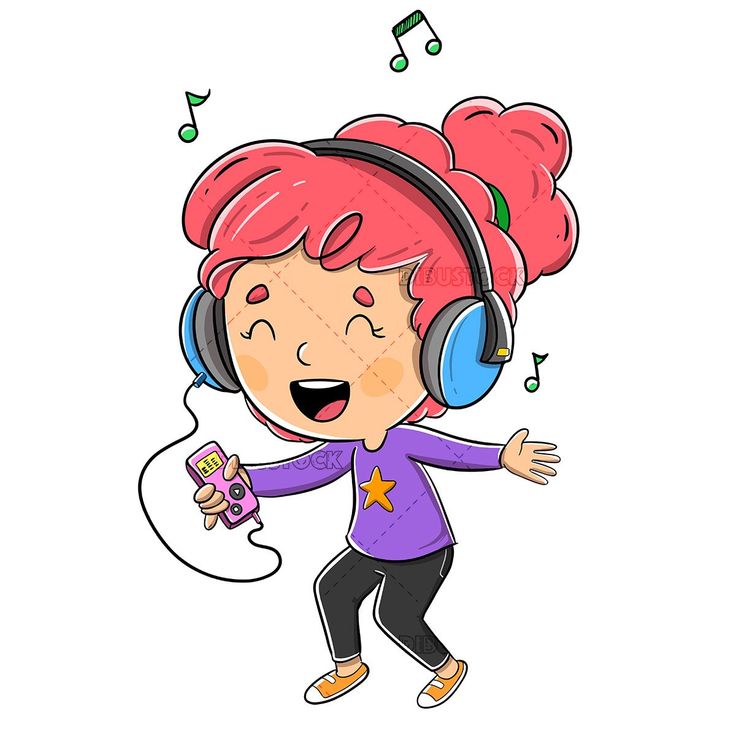 To learn more about the film, please visit www.brainmattersfilm.com.
To learn more about the film, please visit www.brainmattersfilm.com.
Did you find this content useful?
Loading...
Sign me up
How music affects your baby’s brain: Mini Parenting Master Class
Transcript of “How music affects your baby’s brain: Mini Parenting Master Class” video
Did you know a lullaby will make your baby calmer because it slows down her heart?
Music is the most important thing in our life. Is your baby getting enough music?
My name is Dr. Ibrahim Baltagi and this is my Mini Parenting Master Class on how music affects your baby’s brain.
What effect does music have on babies in the womb?
It is proven that music has a role in brain development before birth.
Listening to music during pregnancy will not only have a soothing and uplifting effect on the pregnant woman, but also a positive influence on the unborn baby.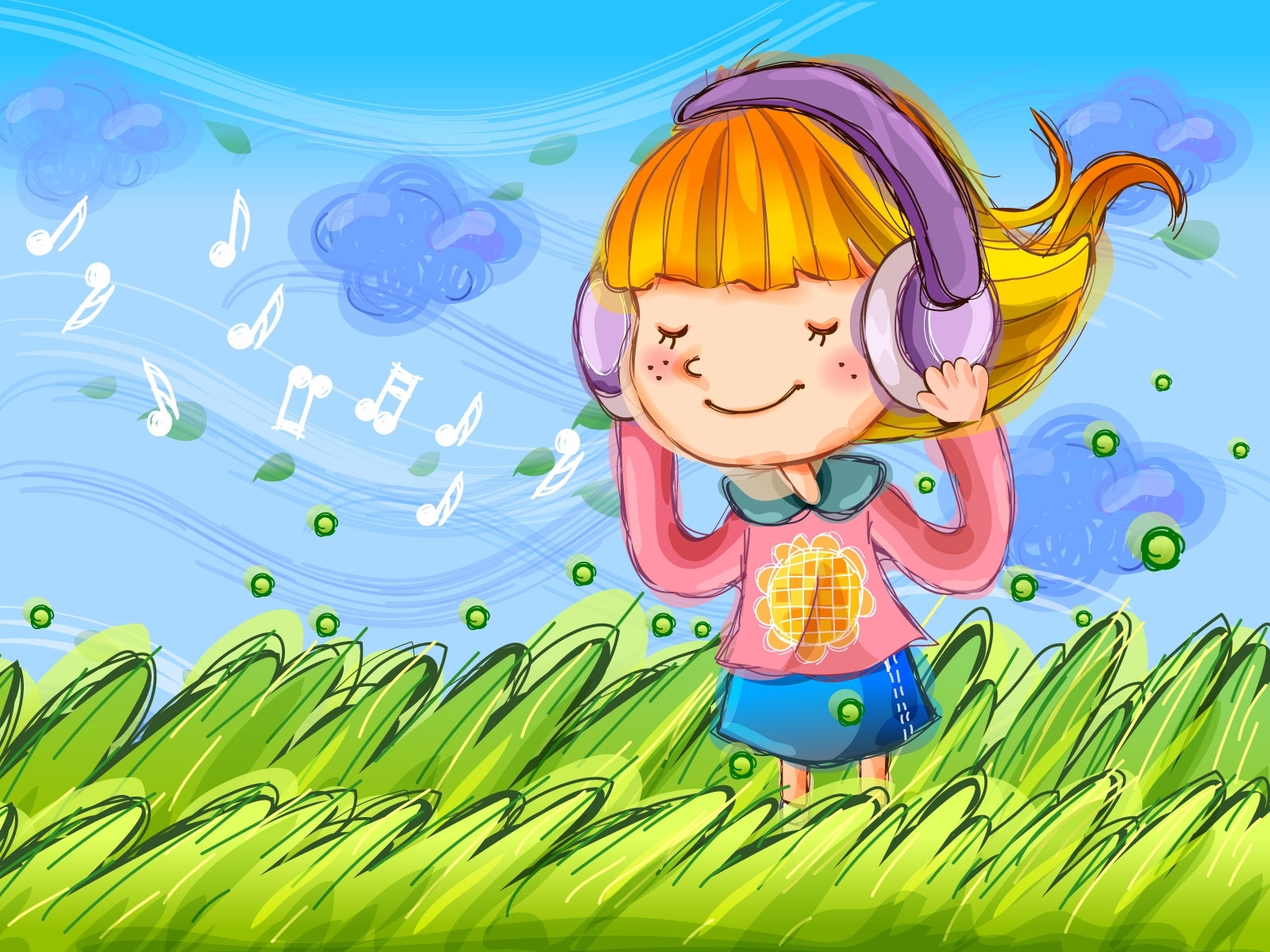
Around 16─18 weeks of pregnancy, the little one hears its very first sound.
By 24 weeks, the little ears start to develop rapidly and babies have been shown to turn their heads in response to voices and noise in the last few months of pregnancy, an unborn baby can recognize her mother’s voice, her native language, word patterns and rhymes.
What music should a pregnant mother listen to?
In the third trimester, the baby will be definitely able to hear the music you play. Classical music, gentle sounds like lullabies, nice melodies that inspire happiness all are designed to be soothing.
How can music help develop a young child’s brain?
Music ignites all areas of child development and skills for school readiness, particularly in the areas of language acquisition and reading skills.
Learning to play a musical instrument can improve mathematical learning, and even increases school scores.
How can you use music to soothe your baby to help her sleep?
Music inspires emotions, so music can be a popular recommendation to soothe the little one peacefully.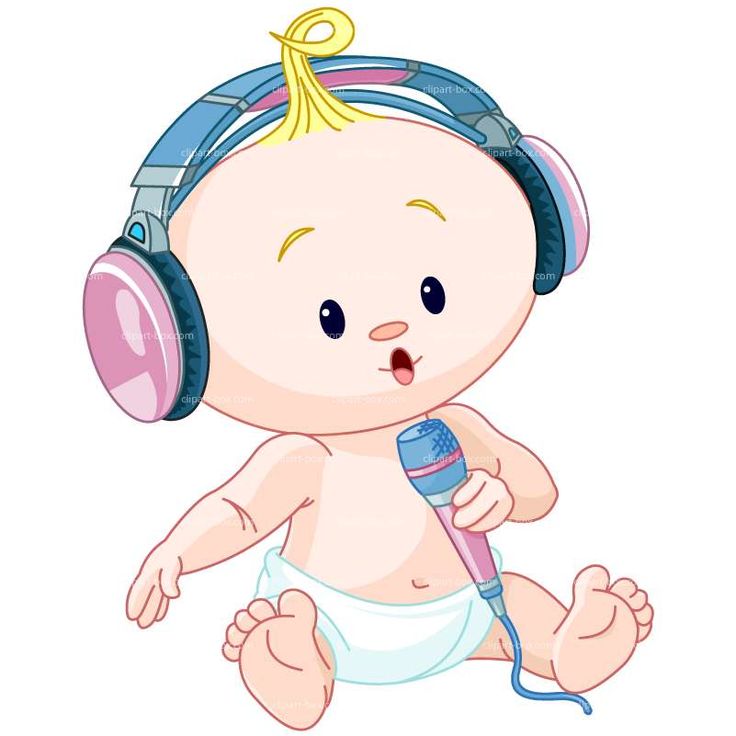 And it is a welcome addition to the baby’s sleep routine.
And it is a welcome addition to the baby’s sleep routine.
The music must be soft, soothing, relaxing, to create a calm atmosphere to nurture their sleeping patterns.
A familiar tune or music or song becomes like a session of music therapy. Slow, soft, repetitive music will actually slow down the heartbeat and allows for calmer and deeper breathing.
Don’t underestimate the power of the mother, father or any caregiver’s voice while singing. Her voice is familiar and the rhythm is calming.
Where do lullabies come from?
The English word “lullaby” is thought to come from the “lala” or “lulu” sounds made by mothers or nurses to calm children.
“Bye” is another lulling sound, or a term to say “goodnight”. A lullaby, or so-called cradle song, has a story to soothe babies and small children to sleep.
Lullabies are found in every culture and sung in every language. Brahms’ Lullaby is perhaps the most well-known and easily recognizable of the cradle songs.
What are the best musical instruments for toddlers?
There are many ways in which you can create music with your child for free. Vocal chords are the only innate instruments that are created in a human being.
There are other instruments that we can use, which is percussion like clapping, snapping, stomping and patting on your thighs.
Also, there is tons of stuff around your home such as if you get a wooden spoon and play it on a pot, you can play it with your child.
The best musical instruments you can buy for your children would include toy drum, shakers or rattles, glockenspiel, xylophones, maracas.
Can music help your child socialize?
There’s something about listening to music or playing it with other people that brings its own social buzz, making you feel connected to those around you.
Music at early ages helps children express themselves and share feelings. Even at an early age, they can sway, bounce, move their hands in response to music they hear.
They can even make up their own songs. They learn to laugh, repeat words and it encourages them to use these words and memorize them.
We have learned about several mechanisms through which music impacts our ability to connect with one another by impacting brain circuits involved in empathy, trust and cooperation, perhaps explaining how it has survived in every culture of the world.
Music is present in our lives, in so many aspects. At home, music can become part of our everyday experiences.
From birth, parents use music to calm and soothe children, to express their love, joy, and to engage and interact.
Parents can build on these natural instincts by learning how music can impact child development, improve social skills, and benefits kids of all ages.
My advice is to start music with your children as early as possible.
Dr. Ibrahim H. Baltagi is a lecturer at the Lebanese American University and serves as the head of the music program at the Lebanese International University.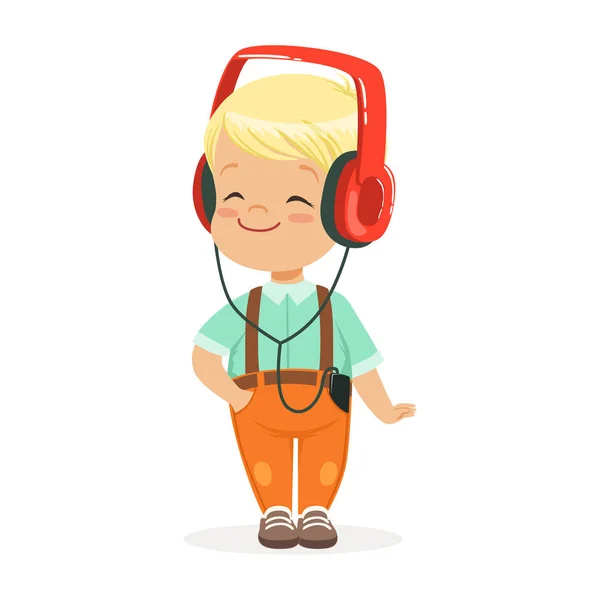 He has published a series of music books for children.
He has published a series of music books for children.
A child listens to heavy music: how dangerous is it? Speaking negatively about the musical tastes of the child, parents make a big mistake.
When a teenager grows up, he becomes more and more immersed in the musical culture. Certain tastes in music begin to prevail over others. They form the paradigm of perception of both everyday life and culture as a whole.
This is explained by the fact that musical life is a way of new socialization. Joining the life of a musical fandom, a teenager finds people with the same tastes and views, which contributes to the expansion of his horizons, his social circle.
Listening to certain music, a teenager hardly seeks to impose his taste on others. He is simply trying to build a dialogue with the outside world, to understand it.
What to do
Think of yourself at his age. Teenagers like heavy music because of the semantic load: in the lyrics, the authors often talk about personal pain, or about social problems.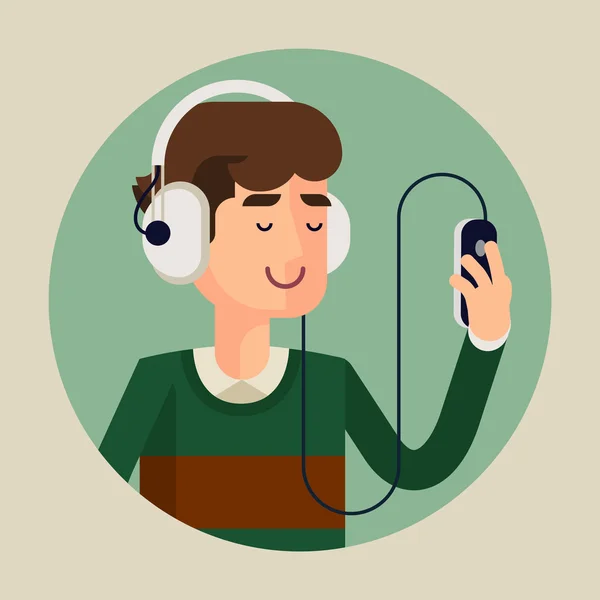 This is often the case with teenagers.
This is often the case with teenagers.
Your parents listened to, for example, Deep Purple and Pink Floyd, and your generation listened to Metallica and Agatha Christie. Probably, few have become psychopaths and degenerates against this background: it is not music that affects the psyche, but the living conditions and social circle.
Popular articles:
- How to help a shy child
- Parenting styles
- Drug use by children
- Why is the grass green (answers for the little ones)
- Self-control: how to help a teenager achieve his goals
Talk to your child
Talk to your child about their favorite artists. Together you can make out the lyrics of the songs that he likes.
By the way, the passion for heavy music often affects the interest of teenagers in learning foreign languages.
Try to build a normal constructive dialogue with him: this will allow you to assess his psychological and moral state.
Vocal for children in Lipetsk
When the music is too aggressive
If you are afraid of the aggressive sound of music, don't be afraid. For the younger generation, the presence of internal aggression is the norm. Interest in such music is the safest and most painless way to express this aggression. After some time, the musical taste of the child will definitely change.
Call for suicide
Take action if the child's playlist consists only of songs that romanticize suicide and build a gallery of bright, but false and dangerous images.
If the child does not attach any importance to this, there is no need to worry. But you need to talk about it - be sure to disassemble such a text with the child and explain the reason for your anxiety.
Build your baby's taste in music
If you don't want heavy music to play in your home, take care of your baby's taste in music from the moment of pregnancy.
Listen to compositions of the Renaissance, Baroque, Classicism, Romanticism, and then the child will grow up, being oriented towards good music.
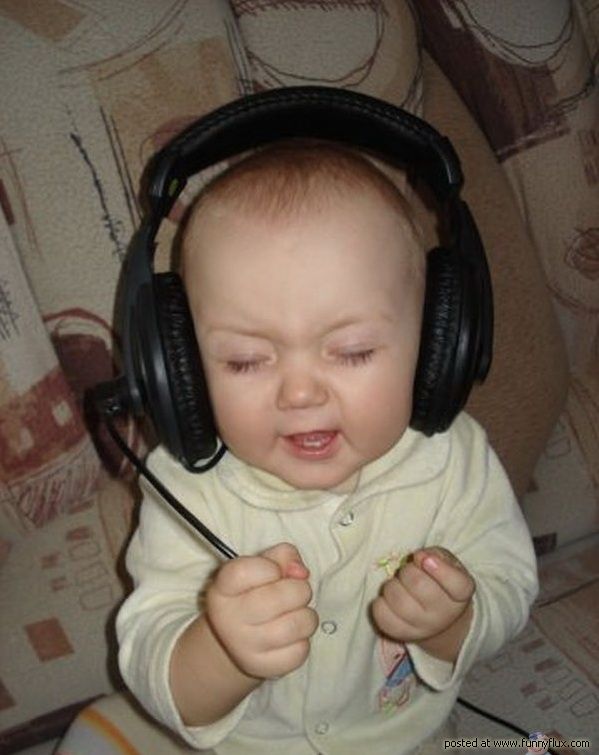
In the future, unfortunately, you will not be able to protect him from the influence of peers, but his musical taste will form by adolescence.
You may be interested in materials
Children's crises: 5 tips for dealing with them
More details
Homosexuality: same-sex attraction in adolescents
More details
The three-minute rule: what is important for all parents to know?
Read more
Child listening to rap
Child's age: 10
The child listens to rap
Good afternoon. I have this question: my son began to listen to rap music, some of these songs are teeming with obscenities and vulgarity, I would not have believed it without listening to it personally. He hides them in the playlist from adults and older brother. At the same time, he has an analytical mindset, he is almost an excellent student, a participant in mathematics olympiads (elementary classes), he loves sports, goes to sections.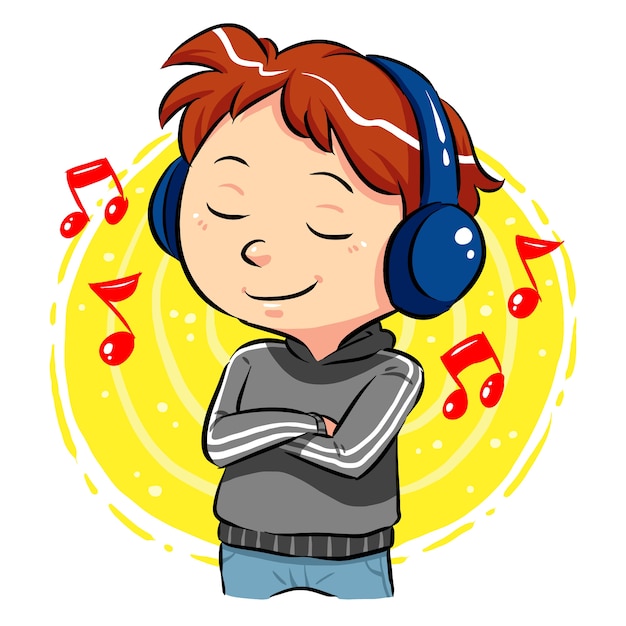 The family tries to instill common cultural values. The middle sister, who goes to the same school as him, says that our ten-year-old acts "like everyone else" - that is, his classmates listen to rap, which is considered funny and "cool". In recent months, they began to notice that he began to imitate rappers in clothes, makes playful selfies ... In addition to rap, he listens to Rammstein (from his older brother) and knows classic rock artists. There is almost no interest in reading ... but he is diligent and will read if "necessary". Intelligence is above average, the question is, where does such a craving for wild, degraded music come from ... straight craving. How to be a parent. It was a shock for me... I can't even listen to a couple of songs from part of his "playlist" - it hurts my ears and so on.
The family tries to instill common cultural values. The middle sister, who goes to the same school as him, says that our ten-year-old acts "like everyone else" - that is, his classmates listen to rap, which is considered funny and "cool". In recent months, they began to notice that he began to imitate rappers in clothes, makes playful selfies ... In addition to rap, he listens to Rammstein (from his older brother) and knows classic rock artists. There is almost no interest in reading ... but he is diligent and will read if "necessary". Intelligence is above average, the question is, where does such a craving for wild, degraded music come from ... straight craving. How to be a parent. It was a shock for me... I can't even listen to a couple of songs from part of his "playlist" - it hurts my ears and so on.
Ekaterina
Good afternoon, Ekaterina!
I understand your concern. Rap culture can hardly be considered socially approved, often using shocking language, emphasized non-standard values, pretentiousness in clothing style and behavior.![]()
This is becoming fashionable among young people precisely because it runs counter to public opinion. This is what rap appeals to teens and preteens (as in your case):
- Stand out among the crowd, and be bright and defiant;
- Express yourself, including using obscene language, so that everyone hears and understands that the child is becoming an adult;
- Find like-minded hobbies, have your own group where the child is understood and approved of his interest.
All of these items are typical for a child entering adolescence. He begins to feel his growing up, he has his own special interests - his personal, unlike anyone else, especially unlike his parents. This is important because in adolescence, the child is looking for himself and his way. And it starts just with the rejection of everything old and known. You can draw an analogy with a house - in order to build a new one, your own, which suits me, you first need to demolish the old one.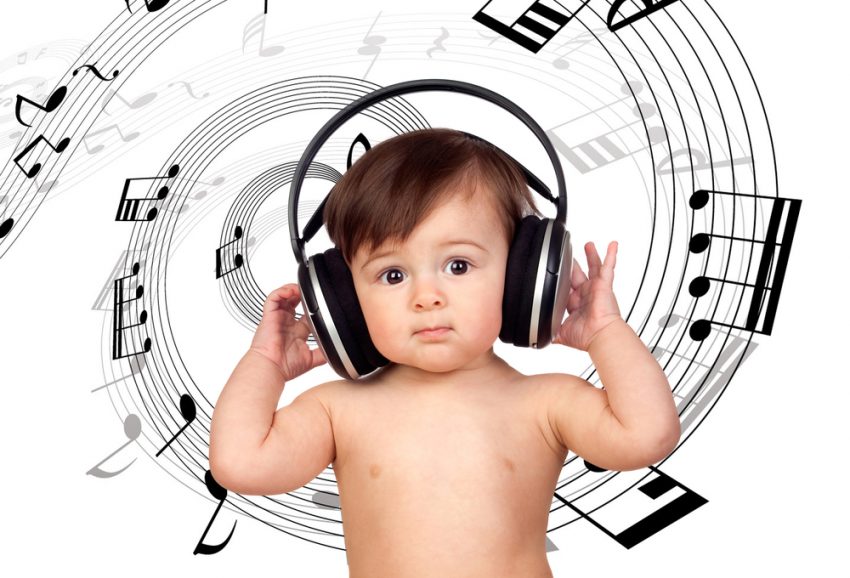
In addition to the feeling of adulthood and freedom from listening to rap music, a child may have their own hobbies and musical preferences. And this is very good, because it says that he can turn to his inner world and understand what he likes and what not. You have probably noticed that not all adults are capable of this.
Interest in rap music can also be dictated by the child's environment. In order to be at home among their peers, not to be considered an outcast, children often begin to listen to certain music, prefer a specific style of clothing. You have to remember that this is all temporary. If preferences in music are only due to the environment, one day they will pass.
Whatever the reasons, your task is never to push the child away because of his hobby. No music, no style of clothing should become a wall between you. The child has the right to his hobbies (and quite often they quickly pass or replace each other). But at the same time, if he knows that a loving and accepting family is waiting for him at home, that his home is his rear and support, then in case of problems or troubles, he will go to you, and not to his friends.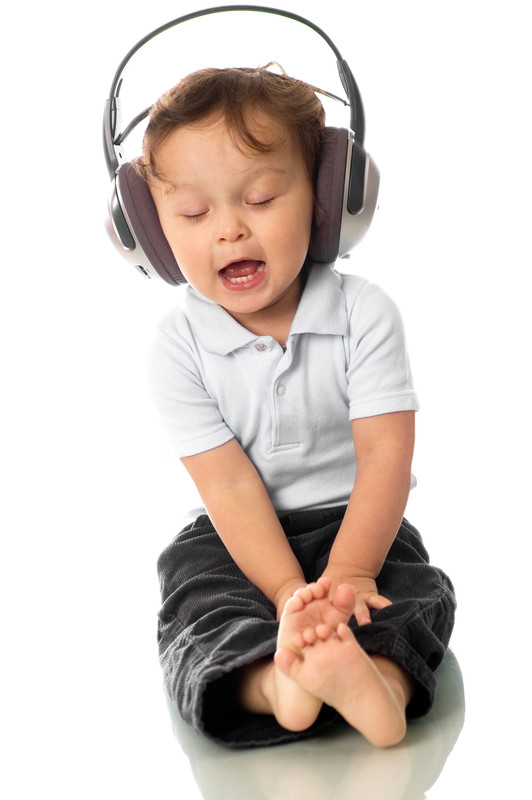 If you trust your child, behave consistently and accept him without conditions, he will be able to trust you too.
If you trust your child, behave consistently and accept him without conditions, he will be able to trust you too.
But this does not mean that you cannot discuss your position on this issue with your son. In a calm, homely atmosphere, you have every right to say that you do not like rap music. And without shouting, without condemnation - neither in the direction of the child, nor in the direction of the music. Explain that your preferences are different. Tell us why this kind of music hurts your ears. And agree, for example, that you can’t listen to it at full volume at home. Discuss the limits within which he can wear the attributes of rap culture. For example, you should not wear hoodies to school, but you can walk in them. Clothing is another way to express yourself and your “feature”, your difference from others. Do not deprive the child of the right to it.
Another important recommendation is to find out from your child why he likes music. Again, ignoring condemnation and rejection, from a position of interest in the son and his personal preferences.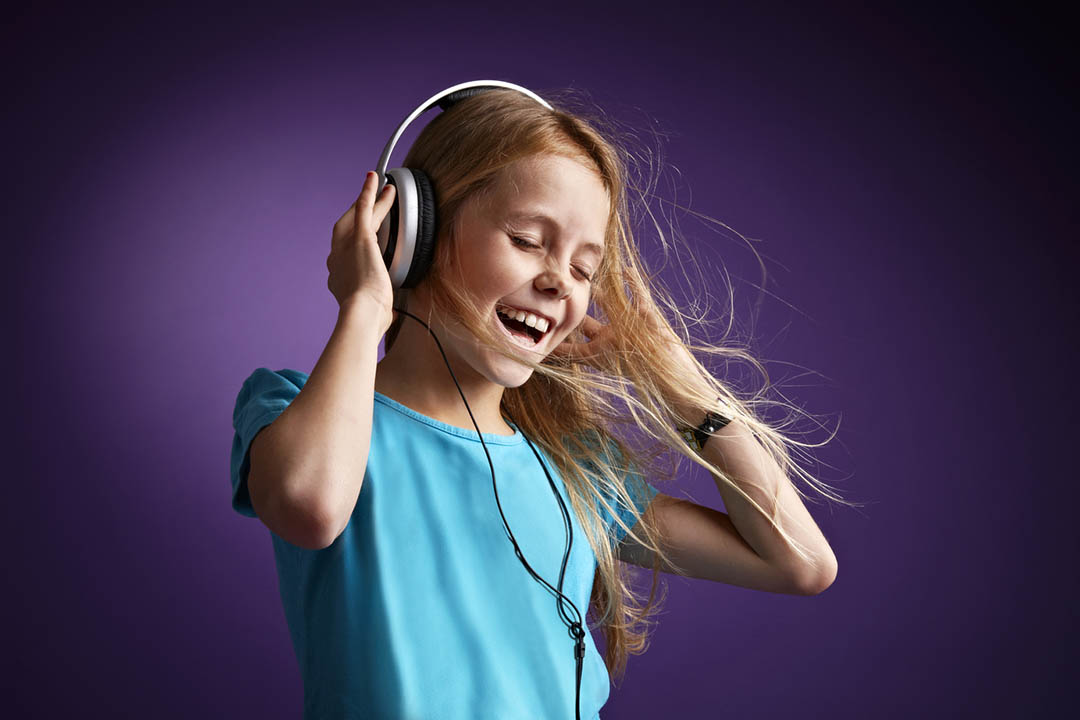 Ask around what performers he likes, for what. How does he feel when he listens to rap and dresses in certain clothes. What features of rap culture are most interesting to him. After all, rap is not only a mat, loose clothes and some impudence in behavior. This is a kind of microcosm where freedom and self-expression are possible. This microcosm has its own laws, and often they are about honor, loyalty and dignity. But they are presented in such a way that it is difficult for us to see them the first time.
Ask around what performers he likes, for what. How does he feel when he listens to rap and dresses in certain clothes. What features of rap culture are most interesting to him. After all, rap is not only a mat, loose clothes and some impudence in behavior. This is a kind of microcosm where freedom and self-expression are possible. This microcosm has its own laws, and often they are about honor, loyalty and dignity. But they are presented in such a way that it is difficult for us to see them the first time.
All this does not mean that your child will immediately tell everything, open up and stop listening to rap. But your joint conversations, discussions, expression of points of view from both sides, will let your son understand that he is considered, he is accepted and his life is of interest.
Without condemning the interest in rap culture, support the child's other hobbies. Discuss with him your favorite subjects at school, his successes and failures, sports achievements.



